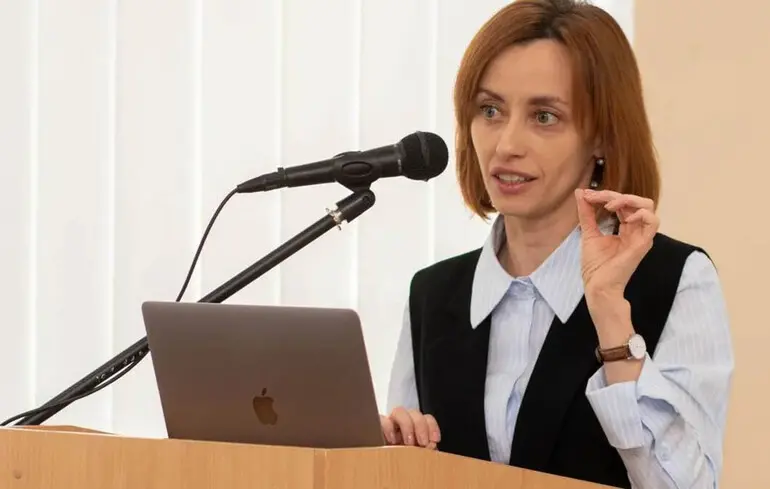The Impact of Teacher Reservation Mechanism on Ukraine’s Educational System: Challenges and Futures

In Ukraine, the effectiveness of the teacher reservation mechanism against mobilisation remains a topic of ongoing analysis as a measure to address staffing shortages in schools.
This practice allows for partial alleviation of the strain in natural sciences, technological, and informational disciplines, especially in regions where the lack of educators is most acute.
Deputy Minister of Education and Science Nadia Kuzmychova remarked that the current system cannot entirely solve the problem, as most of these specialists are concentrated in regional centers, leaving rural schools significantly understaffed.
This situation poses additional challenges to the educational process in remote areas.The deputy minister emphasizes that while reservation helps balance the situation temporarily, its instability could become problematic in the long run.
After the military status is lifted, many young teachers plan to leave the profession because their motivation is often linked to the protection opportunity provided by reservation, rather than passion for teaching.
It is estimated that only about 20–25% of new teachers who entered the system during the full-scale war are expected to remain, as there is a significant issue with overloaded lessons and a diminishing pool of young specialists.
This could lead to a return to previous difficulties with teacher training and retention.To bridge the staffing gap in education, the Ministry proposes a systematic approach to attracting new professionals.
Among the initiatives, increasing the promotion of teaching careers through alternative forms such as short courses and training programs is planned.
IT and technical professionals with practical experience will be able to undergo specialized training and engage in school teaching, which is crucial for filling shortages in critical fields vital to modern education.This initiative is embedded in the conceptual framework of teacher professional development, which is currently open for public discussion.
The focus is not only on increasing the number of teachers but also on their profile specialization.
Significant difficulties are observed especially among teachers of physics, chemistry, mathematics, biology, and modern technological disciplines.
Over 500 schools risk losing state funding from September 1, highlighting the urgent need for systemic changes in education.
The main parliamentary committee on education, science, and innovation continues active work to ensure stability and development in the sector.

